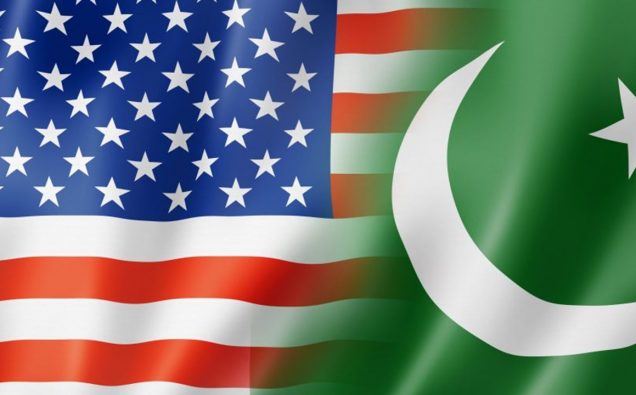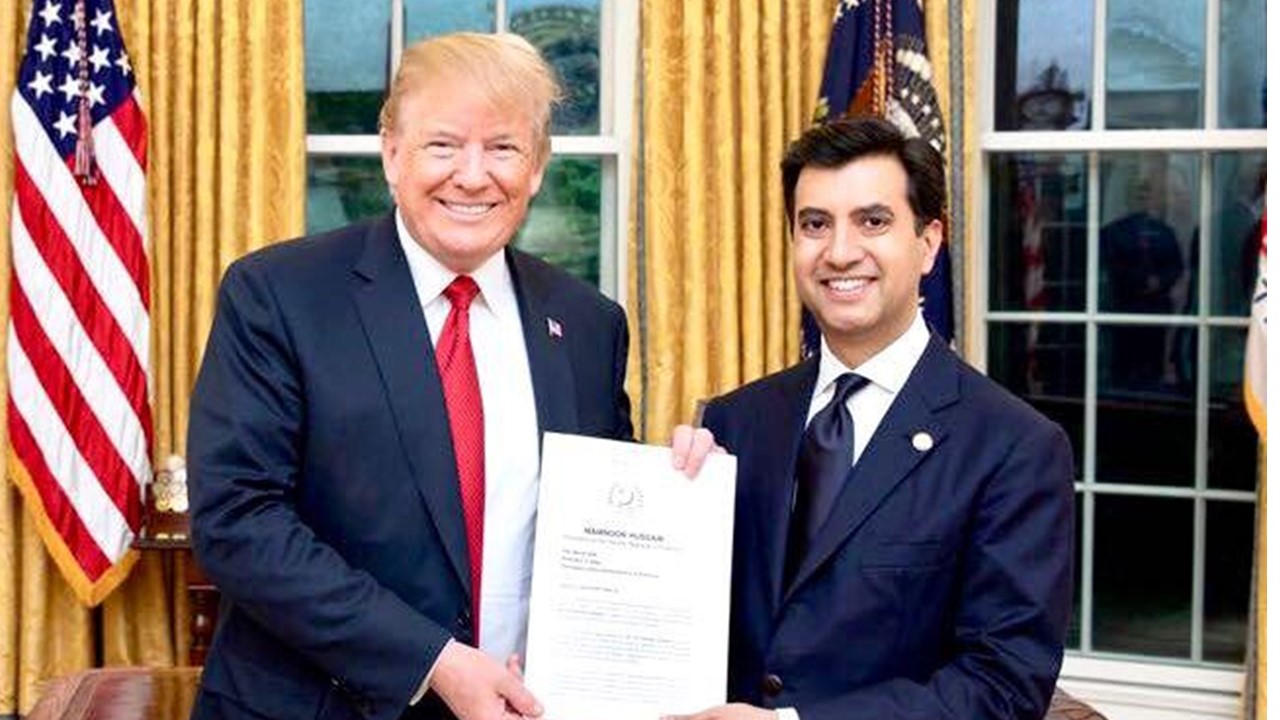
Afghanistan may currently be the elephant in the world newsrooms when it comes to ongoing discussions on the U.S.-Pakistan relations.
But running alongside the immediate American interest in stabilizing Afghanistan on Pakistan’s western border is the key question of the future shape and scope of relationship between Washington and Islamabad that has been so consequential for the region.
Pakistan, a country of more than 200 million people with a growing economy as well as some longstanding challenges, remains at the center of regional commerce – a fact emphasized by the over $60 billion China Pakistan Economic Corridor project, building a network of infrastructures for two-way trade between Beijing and the Gulf.
Pakistan’s new ambassador to the United States Ali Jehangir Siddiqui, an investment banker, highlighted the potential for U.S. investment in a host of areas when he spoke during a recent interview with Bloomberg.
“Pakistan is on its way to becoming one of the world’s largest gas importers, and the U.S. is of course on its way to becoming of the largest LNG and natural gas exporters. So, I think there is a ot of growth in our trade relationship that could occur,” Siddiqui said in the channel’s program “Bloomberg Markets: Balance of Power.”
Siddiqui referred to robust returns on American companies’ investment in Pakistan and identified Pakistani telecom sector as an example for U.S. investors.
The two countries have only recently started recovering from a steep slump in the bilateral relations in the backdrop of President Donald Trump’s New Year Day tweet, alleging Pakistani complicity in fueling insurgency in Afghanistan, where the U.S. is engaged in one of the longest wars in recent history.
Washington has also held back military assistance for Pakistan, which provides the most efficient route for NATO logistical supplies into Afghanistan.
This week Alice Wells, a senior State Department official met with senior Pakistani officials and Army Chief Ge. Qamar Javed Bajwa as both sides renewed their commitment to working together with Kabul to push Afghanistan peace talks.
Pakistan, which was the front line supporter of U.S.-backed Afghan fight against Soviet occupation of Afghanistan, is believed to have influence with the senior Taliban leaders including the Haqqanis.
Despite strains in the relations, both Washington and Kabul have acknowledged Islamabad’s critical role in making peace and reconciliation process successful once it is launched.
Meanwhile, Pakistan’s relationship with its neighbor and the world’s second largest economy China have grown manifold. Only this week, Beijing extended a loan of $1 billion to shore up Pakistan’s dwindling foreign exchange reserves. At the same time, the U.S. continues to be one of the largest trading partners for Pakistan.
On the other hand, U.S. relationship with India have marked a steady rise but is not without significant challenges.
Yet, both China and the United States are deeply conscious of the pivot that their ties with Pakistan provide to them for economic and political influence in the region.
















